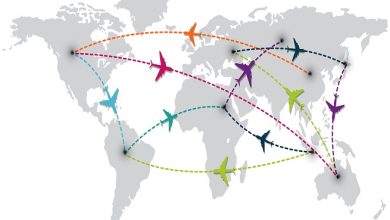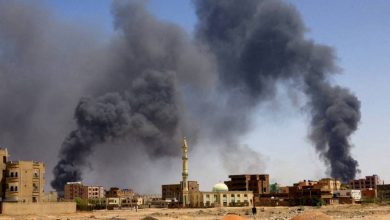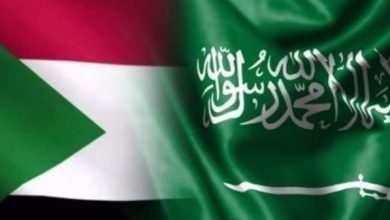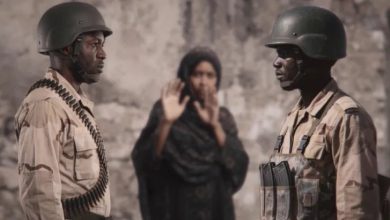Supporting War Victims: Practical Humanitarian Initiative
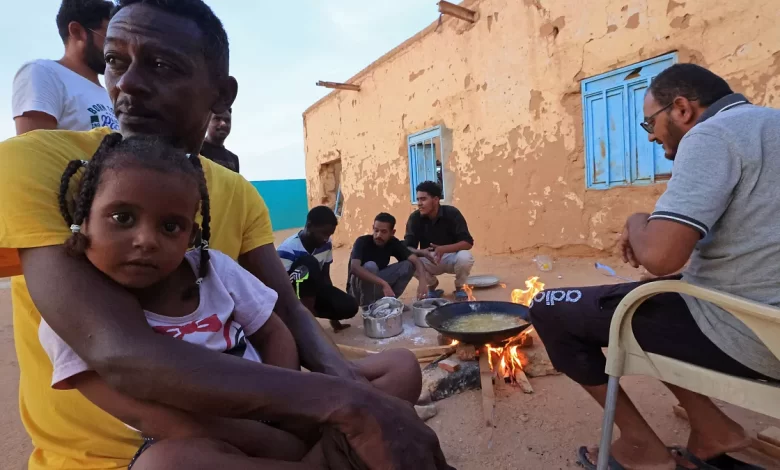
Report – Nahid Oshi
Sudanese society is known for its solidarity and cooperation in times of crises, launching humanitarian initiatives to bridge the divide, and covering any government deficit through material and in-kind contributions from individuals and groups.
The war that broke out in mid-April 2023 has created a difficult economic reality for civilians caught in the crossfire situations.
In the Nile River State, an Initiative launched by youth from the town of Atbara in collaboration with the Chamber of Commerce and the Businessmen and Women’s Club started providing support for those fleeing the war.
Saif al-Din Maklad, Secretary-General of the Atbara Chamber of Commerce, says: “This war has affected the people and the nation, and our initiative was launched since the first exodus of those coming from Khartoum, and there was a diligent effort for food and various shelter centers.”
Increase in IDPs:
He pointed out that the increase in the number of displaced people after the events of the recent state of Gezira at high rates required the formation of an emergency room with the support of the Chamber of Commerce. “So we called on the businessmen and women to contribute financially and materially which helped provide a food service in the land Port in Atbara, where there is no shelter center for the arrivals.”
In statement to (Sudan Events), he indicated plans to find permanent places for shelter during the coming period for the arrivals, where they can take shelter from the weather, providing them with clothes and tents.
Providing required commodities:
Muqallad pointed out that about 180 families, a total of about between 1,000 and 1,500 individuals, arrived at the land port, and support was provided by the Chamber of Commerce including hot meals to the arrivals, while merchants provided the required goods such as sugar, oil, flour, lentils. Individual contributions were also provided by people from the town from other professions. The Businessmen and Women’s Club provided 200 blankets that were distributed to expatriates.
Typical hospices:
In Khartoum, a number of model hospices were opened to feed those affected by the war. The Governor of Khartoum, Ahmed Othman Hamza, pointed to the suffering caused by the war and which resulted in difficult conditions for families who have lost everything including the basic family needs, which are shelter, food, sources of income, and the cessation of subsidies, which prompted the state and society to take urgent action in providing assistance.
He praised the philanthropists who took the initiative to set up food hospices among the neighborhoods, and pointed to the contribution of hospices to meeting people’s need for food. Indeed, some citizens relied completely on those meals as their daily subsistence which means there is need for organizations and philanthropists from outside the state to work to support these hospices so that they do not go out of service.
Acting Director General of the Ministry of Social Development, Saif Mukhtar, said that hospice is a project intended to support a wide segment of those arriving to Karari due to the war and to provide ready-made meals, which are distributed in areas with a high density of these families.
Free treatment:
Sudanese organizations and philanthropists abroad were not absent from the event, as the ophthalmologist Dr. Abdel Wahab El-Sisi presented it through his medical center in Cairo, where he constantly devoted his free humanitarian initiatives for the benefit of the Sudanese affected by the war in Sudan and who have fled to Egypt for security and shelter. He devoted two weeks as of January the 10th to provide full medical checkup for free to all those who come to his place from among the Sudanese IDPs.
The Organization for Supporting Sudanese Affected by the War also picked up the gauntlet of initiatives and presented several food baskets to the Sudanese in Cairo, in addition to providing 6,000 blankets and providing treatment for kidney patients at a cost of 200,000 Egyptian pounds.
Internationally, the State of Qatar was present as it sent new shipments of food aid to Kasala, the North, and the Red Sea states as part of a project aimed at providing (50,000) food baskets to families affected by the war and the displaced in Sudan, with funding from the Qatar Fund for Development.
The dialysis center at Al-Faw Teaching Hospital also received 3 tons of dialysis equipment and solutions, funded by the Islamic Education Society in the Kingdom of Bahrain in cooperation with the Al-Ishraq Organization for Development and Reconstruction in Gadarif State.
